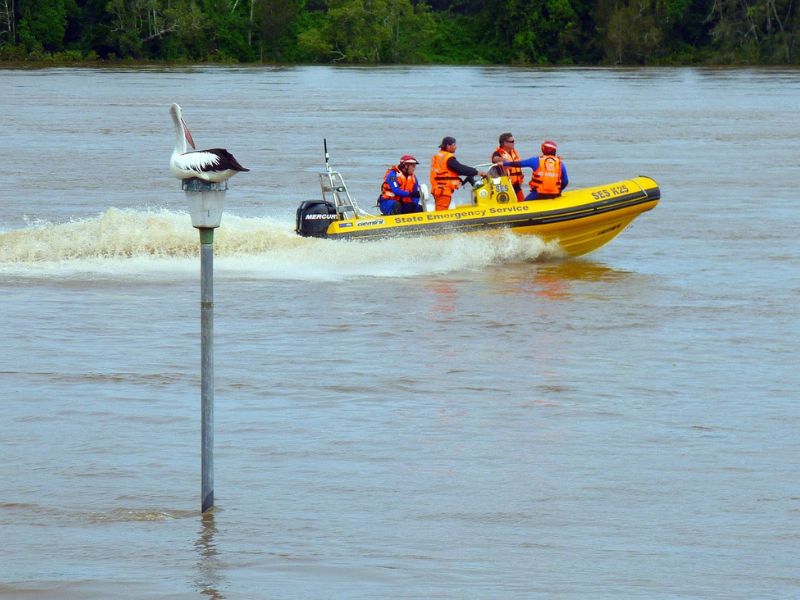
The impact of climate change on Medical Emergencies
From increasing extreme events to adapting rescue techniques
Extreme weather events and the increase in medical emergencies
Climate change is having a direct impact on the number and severity of medical emergencies worldwide. The increase in extreme weather events, such as heat waves, floods, and fires, has led to a significant increase in medical emergencies. Communities that in the past might have been considered low risk are now facing unforeseen challenges, requiring rapid adaptation of emergency management strategies.
Adaptations of emergency management strategies
Emergency responders are actively working to adapt their management strategies to the new challenges imposed by climate change. This includes implementing specific protocols to address climate-related health emergencies, as well as adopting sustainable solutions to reduce the environmental impact of emergency responses. Taking a proactive approach to emergency management in a changing climate context is essential to ensure the safety and health of affected communities.
Global-level effects on health
Analysis of the global-level effects of climate change reveals significant impacts on human health. Increases in vector-borne diseases, food security challenges, and increases in heat-related illnesses are just some of the consequences. Health professionals must prepare to manage an increase in climate-related medical emergencies and develop preventive strategies to mitigate public health impacts.
Crucial role of local communities
Local communities play a crucial role in addressing the impact of climate change on medical emergencies. Public education on climate-related challenges, promotion of sustainable practices, and creation of community contingency plans are all essential to reduce vulnerability and improve resilience. In addition, collaboration between local communities, health organizations, and government authorities is critical for a coordinated and effective response to medical emergencies caused by climate change.
The impact of climate change on medical emergencies is a global problem that requires a united and proactive response. The joint efforts of local communities, health professionals, and government authorities are critical to address emerging challenges and mitigate public health impacts.
Source
- Intergovernmental Panel on Climate Change (IPCC). (ipcc.ch)
- World Health Organization. (who.int)
- Centers for Disease Control and Prevention (CDC). (cdc.gov)
- United Nations Framework Convention on Climate Change (UNFCCC). (unfccc.int)


